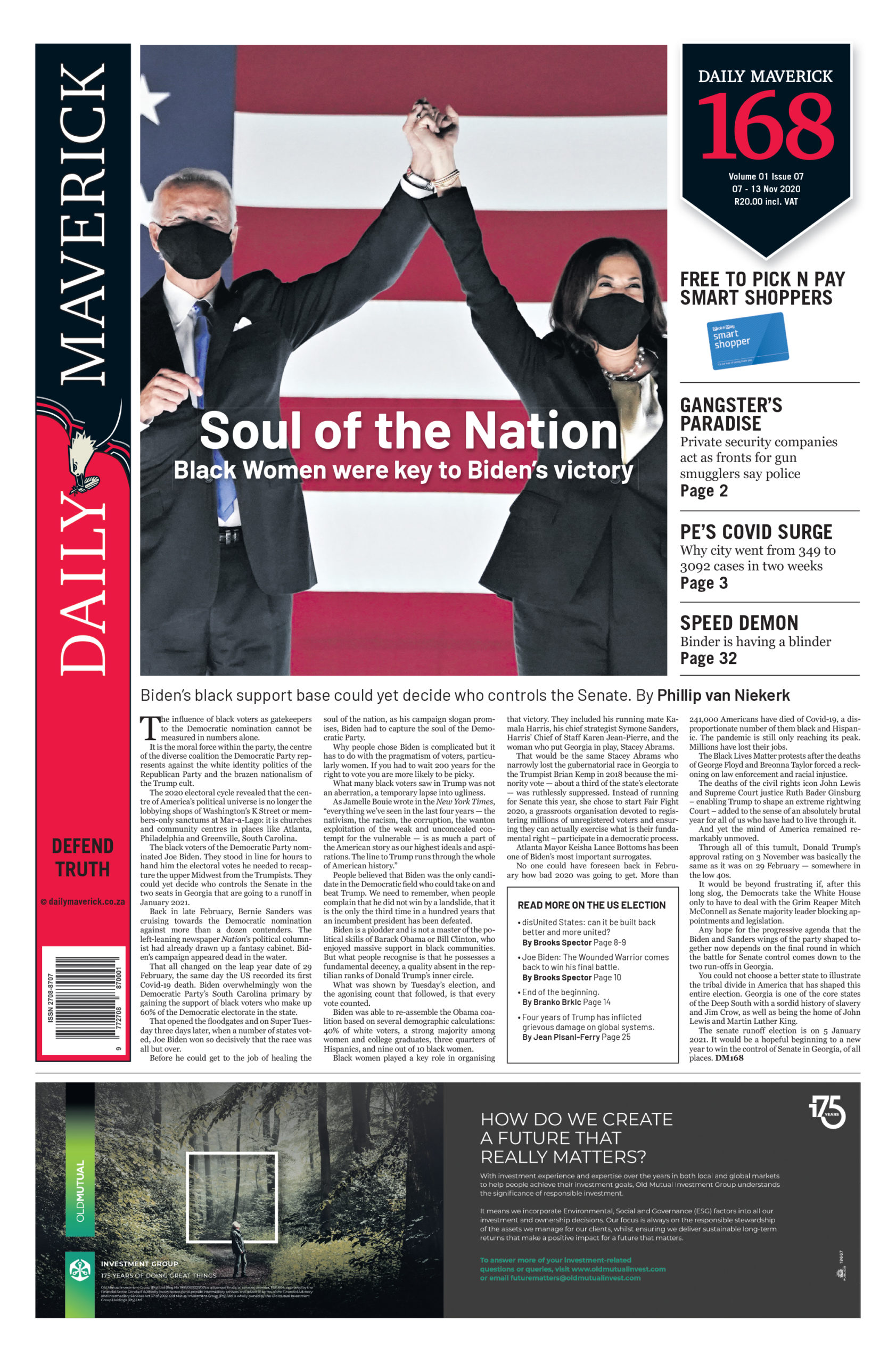BUSINESS MAVERICK
Investing in property can be painless

Fractional ownership, whether of shares or property, is democratising investing in South Africa.
First published in Daily Maverick 168
In the three months since investment company EasyEquities launched its fractional property investment business, EasyProperties, it has raised more than R20-million for four property funds from 10,000 investors and is now fundraising for a new fund.
Each fund is invested in one property, with multiple units.
The average size of an individual investment is R1,600 and the average age of investors is under 30, with the oldest investor 90 and the youngest (all 48 of them) under the age of one. For many investors, this is the first time they have owned property – even if it is a fraction of a property. In one family’s case, three generations became property owners for the first time, at the same time, through this vehicle.
Fractional property ownership is not a new trend, as evidenced by the expensive legacy of timeshare that legions of South Africans are still invested in. Many would sell if they could, but find selling timeshare as easy to sell as a used mattress.
This is different, says Rupert Finnemore, MD of EasyProperties. In the case of a timeshare, investors pay for the right to regular use of the property. They must also pay for maintenance and upkeep – which becomes more expensive as the asset becomes older. But they do not own the property.
In the case of fractional ownership, investors have no usage rights (though this varies depending on the model). However, they do enjoy fractional ownership of the property and will benefit from ongoing rental dividends and ultimately capital appreciation.
“What EasyEquities is offering is a pure investment play,” he says.
EasyProperties was launched on the back of EasyEquities’ success, which recently signed up its 500,000th investor. The low-cost investment platform pioneered fractional share rights in South Africa, which enables investment in fractions of shares, in an uncomplicated and inexpensive way.
“EasyProperties was born from requests from our community. We asked them what else they would like to invest in and the overwhelming response was property,” Finnemore says. There are many pain points when it comes to investing in traditional property, putting it out of reach of the vast majority of people in the country. We have removed those pain points.”
The company is a partnership between EasyEquities and Narrative, the South African property development group owned in part by investor Jonathan Beare. The advantage of this is that Narrative is actively involved in the residential property development space and can help source quality property opportunities for the venture.
This means the hard work is done for investors. All of the property opportunities are subjected to an investment due diligence, says Finnemore, who for many years headed Pam Golding in Gauteng. This means that all the properties should offer attractive returns on a risk-adjusted basis.
In addition, the job of finding tenants, signing leases, managing rent collection and maintenance is outsourced to professionals.
The group started cautiously, raising R4-million in equity, plus a small amount of debt (70:30), to acquire eight residential units in Greenreef Village in Boksburg. The units were fully tenanted and offered investors a yield of 10.3%. This fund was 214% oversubscribed and has 4,000 investors.
It was a similar story with EasyProperties’ next investments into the BlackBrick apartments in Sandton, lifestyle estate The Blyde in Pretoria and The Rockefeller in Cape Town. While the investments were bigger, the level of oversubscription was similar.
The latest fund aims to raise R13-million for an investment into Greenpark Lifestyle Estate in Boksburg.
This is taking a little longer as the fund is bigger, but more than a third of the necessary funds have been raised, says Finnemore.
Fractional investing is not just a trend in South Africa. Globally it has surged in popularity and scope in recent months, driven by the fact that people, under lockdown, have more time on their hands, and possibly because they see a disconnect between economic reality and returns on traditional stock exchanges.
Companies offering fractional shares such as Robinhood, Stockpile, Stash and Motif have helped to popularise the concept.
But the sector’s growth is also a reflection of a broader movement towards democratisation in the investment world.
Investors have come together to buy all manner of high-value investment items – from vintage cars to expensive works of art – because these are assets that previously were unavailable to the individual in the street. DM/BM



















 Become an Insider
Become an Insider
Comments - Please login in order to comment.